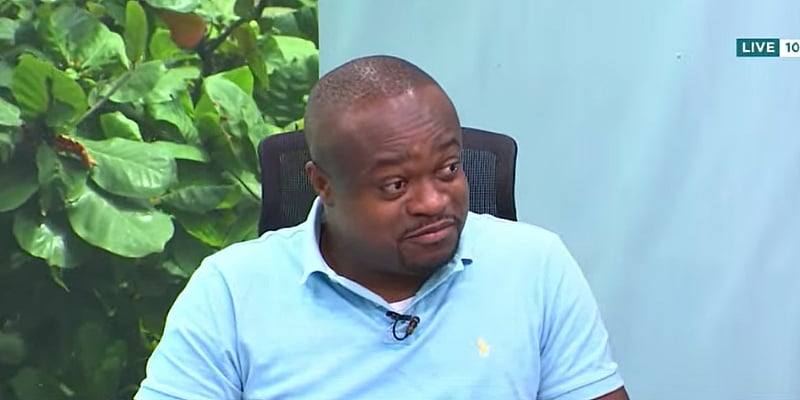The controversy surrounding Chief Justice Gertrude Torkornoo’s position has sparked intense debate in Ghana, with calls for her resignation echoing throughout the nation. Professor Mahmud Sharif Khalid, Economic Advisor at the Office of the Vice President, has added his voice to the chorus, asserting that the Chief Justice should step down in light of the ongoing controversies. His argument hinges on established conventions and observations of past precedents, suggesting that resignation would be the most honorable course of action. This stance reflects a growing sentiment within the public, fueled by a recent poll indicating a majority of Ghanaians favor the Chief Justice’s removal.
Professor Khalid’s call for resignation stems from a belief that Chief Justice Torkornoo’s continued presence in office is exacerbating the existing drama. He emphasized the importance of upholding established precedents, drawing parallels to the removal of former Electoral Commissioner Charlotte Osei. While the specific details of the controversies surrounding Chief Justice Torkornoo remain undisclosed in the provided excerpt, the intensity of the debate and the calls for her removal suggest significant concerns regarding her leadership and potentially her conduct. The situation highlights the delicate balance between judicial independence and public accountability, raising questions about when and how a high-ranking judicial official should be held responsible for their actions or perceived shortcomings.
The reference to Charlotte Osei’s removal serves as a crucial contextual element in understanding the current situation. Osei, who held a position comparable in stature to a Court of Appeals judge, was removed from her post, setting a precedent for the removal of high-ranking officials. Professor Khalid argues that this precedent should guide the current debate surrounding Chief Justice Torkornoo, suggesting that her situation is not unique or unprecedented. This comparison underscores the idea that accountability applies to all public officials, regardless of their position or perceived power. The implication is that if a similar action was deemed appropriate in the case of Charlotte Osei, it should also be considered a viable option in the case of Chief Justice Torkornoo.
The public opinion poll conducted by Global InfoAnalytics, showing a majority in favor of the Chief Justice’s removal, further complicates the situation. This expression of public sentiment adds weight to the calls for her resignation, putting additional pressure on the Chief Justice and the judicial system as a whole. The poll underscores the importance of public trust in the judiciary, suggesting that the ongoing controversies have eroded that trust to a significant degree. The findings raise critical questions about the legitimacy of the Chief Justice’s continued leadership and the potential impact on the overall functioning of the judicial branch.
The debate surrounding Chief Justice Torkornoo’s position highlights the complex interplay between judicial independence, public accountability, and political pressures. While the judiciary is expected to operate independently from political influence, it is also accountable to the public it serves. This delicate balance requires a framework for addressing controversies and ensuring that public trust in the judicial system is maintained. The calls for resignation, the invocation of past precedents, and the results of the public opinion poll all point to the need for a thorough and transparent process for addressing the concerns surrounding the Chief Justice’s leadership.
The situation underscores the importance of clear guidelines and procedures for handling controversies involving high-ranking judicial officials. The lack of specific details regarding the accusations against Chief Justice Torkornoo makes it difficult to assess the merits of the calls for her resignation. However, the intensity of the debate and the level of public scrutiny suggest a need for greater transparency and accountability within the judicial system. Moving forward, establishing clear protocols for addressing such controversies will be crucial for maintaining public trust in the integrity and impartiality of the judiciary. This will require careful consideration of the principles of judicial independence while also ensuring that mechanisms are in place to address legitimate concerns about the conduct of judicial officers.














